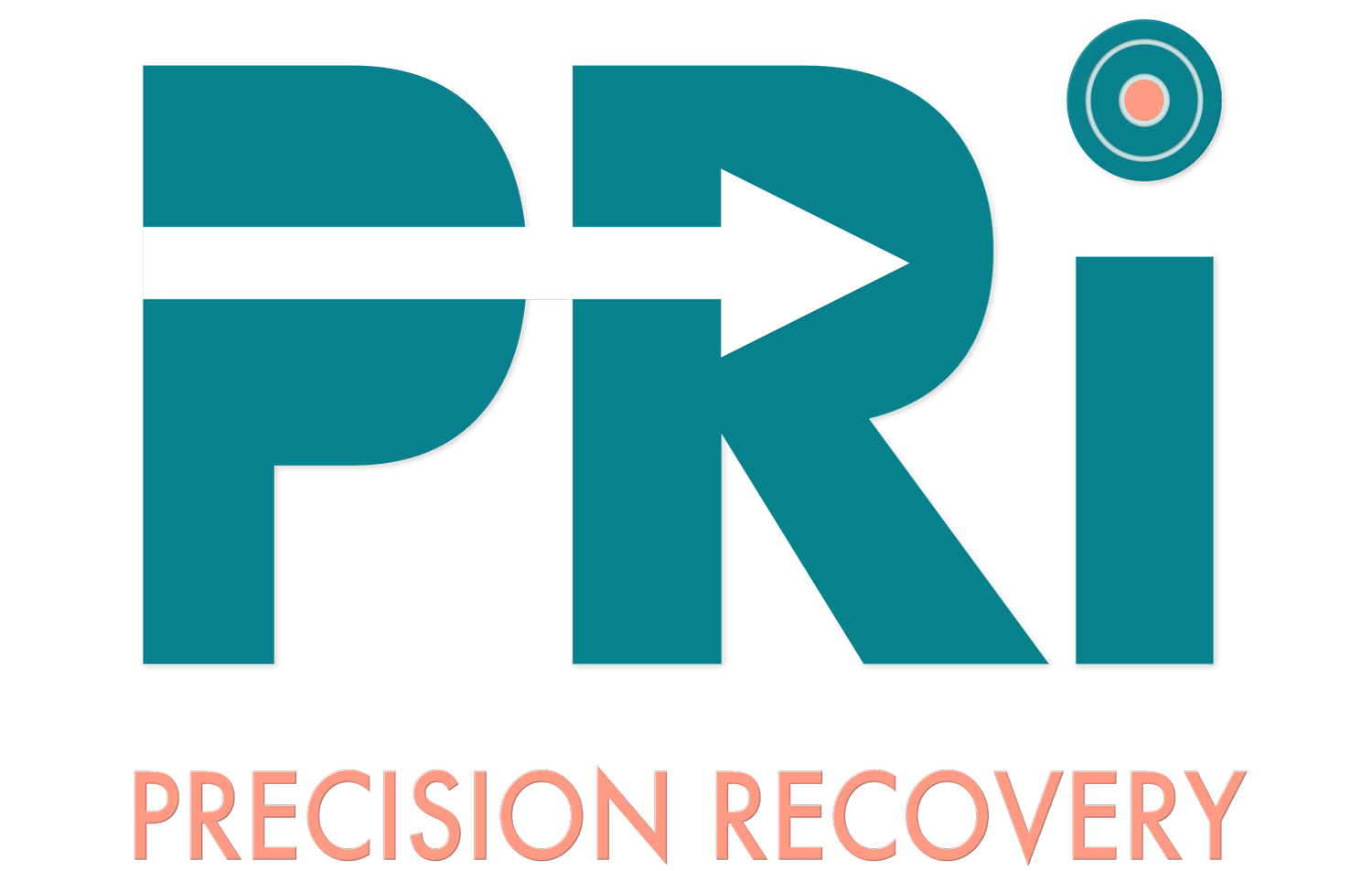Understanding stroke recovery - a guide for caregivers
Understanding the Road to Stroke Recovery: A Comprehensive Guide for Caregivers
Navigating the aftermath of a stroke can be daunting, not just for the affected individual but for their caregivers as well. With stroke survivors often requiring comprehensive, prolonged care, caregivers play a pivotal role in helping them regain their strength, confidence, and functionality. As we journey through this guide, it's essential to remember that every stroke survivor's recovery journey is unique, but with understanding, patience, and knowledge, caregivers can provide invaluable support.
The initial phase after a stroke, often marked by hospitalization and intensive therapy, can be overwhelming. As a caregiver, it's essential to communicate effectively with healthcare professionals, understanding the extent of brain damage, the prognosis, and the recommended treatments. Familiarizing oneself with medical terms, rehabilitation techniques, and potential complications will empower caregivers to advocate for their loved ones, ensuring they receive the best possible care. During this stage, emotional support is just as crucial. Offering reassurance, listening to fears and concerns, and maintaining a hopeful outlook can make a significant difference in a stroke survivor's mindset.
As the survivor transitions to post-hospital care, the rehabilitation phase begins. This is where the caregiver's role becomes even more pronounced. Whether it's helping with daily exercises, assisting with mobility, or encouraging speech and cognitive therapies, caregivers can actively participate in a survivor's recovery journey. Celebrating small victories, setting achievable goals, and maintaining consistency are the keys to making this phase productive. Remember, patience is vital; recovery can be slow, but every step forward is a testament to the survivor's resilience and the caregiver's unwavering support.
In the long run, life post-stroke may present challenges that neither the survivor nor the caregiver anticipated. Adaptations to home settings, changes in roles and responsibilities, and even shifts in relationship dynamics are common. But with a positive attitude, continuous learning, and a strong support network, caregivers can help their loved ones lead fulfilling lives despite the aftermath of a stroke. Armed with knowledge, understanding, and love, the road to recovery becomes a shared journey of hope, perseverance, and triumph.
